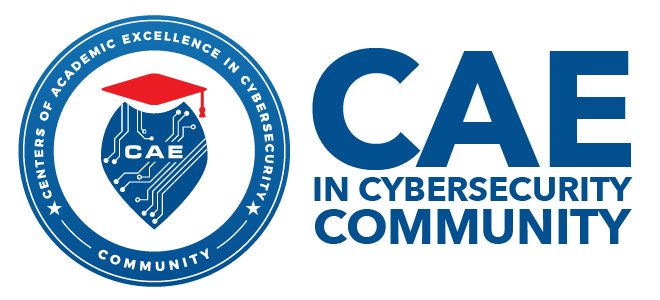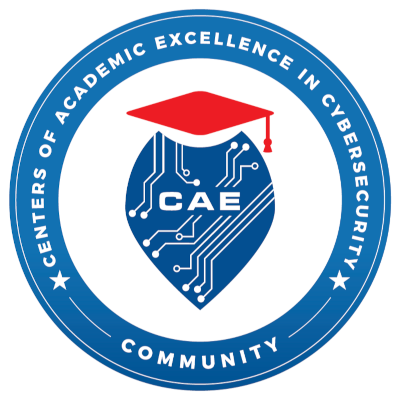The role of community colleges in preparing students for cybersecurity jobs is changing. We must focus anew on workforce development and on the NICE Job Roles. We must raise our capability maturity level. We need evidence-based measures of program effectiveness. We need new programs, program components, courses, labs, practices, and methods of instruction.
TRACKS:
Track 1: Evidence-Based
How can or does cybersecurity instruction or practice impact individual competence development or organizational effectiveness? In other words, what is the efficacy (the ability to produce a desired or intended result) of a proposed tactic, technique, protocol, or procedure? How can we be sure our teaching or the cybersecurity practices included in a curriculum actually work? Sessions in this track can focus on efficacy and assessment of exercises and labs, an entire course, or an entire curriculum or introduce new methods for valid assessments of learning or impact.
Track 2: Instruction
How do you teach cybersecurity principles, safe practices, and hands-on skills? What’s new and different? Share with your colleagues the ideas, strategies, and techniques needed to teach new subjects, introduce cybersecurity into their curriculum, or enhance their existing courses. Sample subjects: secure coding, incident response, risk assessment, HIPPA, FERPA, and cybersecurity practices in finance, energy, utilities, medical records, and law enforcement,
Track 3: Practice
How do you incorporate new devices, threats, strategies, technologies into your community college curriculum? Examples: mobile forensics, cybersecurity of drones, Internet of Things, intrusion detection systems, and SCADA systems.
Track 4: Program Development
How do you prepare your community college to qualify for CAE2Y status? What are employers looking for, and how can community colleges transform their offerings to respond to those evolving needs? Share with your colleagues the unique features of your college’s cybersecurity education program. Topics might include workforce development, middle-skills occupations, NICE Job Roles, extra-curricular programs, summer camps, articulation agreements, new certificate/degree offerings, and cloud-based lab solutions.
Track 5: Student
Topics of interest to students attending 3CS. Examples include student competitions, student associations, developing cyber competition teams, summer camps, outreach to high schools, further education programs, industry certifications, career paths, resume preparation, interviewing skills, and getting students involved in cybersecurity. Students are encouraged to submit proposals to share their knowledge!
DEADLINE: FEBRUARY 15, 2019
To submit a proposal, use the following link: https://form.jotform.com/90025860058353.

